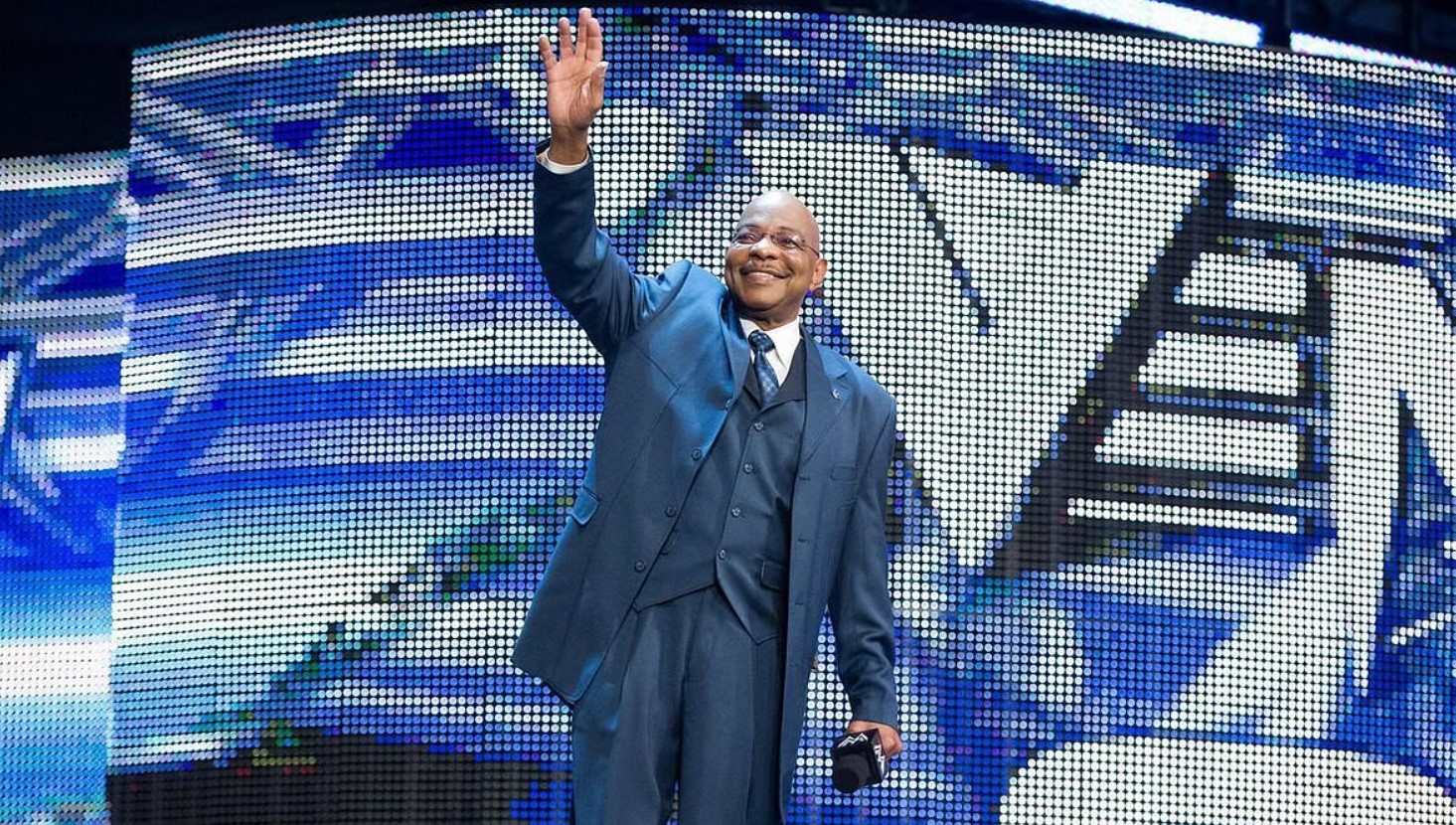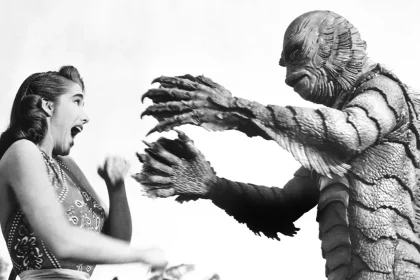The Federal Trade Commission (FTC) has recently finalized a decision to render most non-compete clauses obsolete, sparking concerns about its potential impact on various industries, including professional wrestling. However, veteran journalist Bill Apter believes that this new ruling may not affect WWE as drastically as other sectors.
In an exclusive interview on The Wrestling Time Machine, Apter explained that non-compete clauses in the wrestling business typically range from 30 to 90 days and are designed to prevent wrestlers from joining competing organizations during that period.
He argued that this type of clause is more nuanced than those found in other industries, such as IBM, and may not be affected by the FTC’s ruling in the same way.

Apter’s perspective was echoed by WWE Hall of Famer Teddy Long, who views non-compete clauses as a safety net for wrestlers who have been released from their contracts. Long emphasized that these clauses provide a financial cushion for wrestlers during a transition period, allowing them to collect a paycheck for 90 days while they explore new opportunities.
Long’s comments highlighted the importance of non-compete clauses in protecting the interests of wrestlers who may be terminated without notice. Without these clauses, many wrestlers might find themselves without a job and no clear path forward. The 90-day window provided by non-compete clauses can be crucial in helping them get back on their feet and secure new employment.

While it remains to be seen how WWE will respond to the FTC’s ruling, it is clear that the impact of this decision on the professional wrestling industry will be closely watched. Will WWE choose to adapt its policies in response to the changing regulatory terrain, or will it continue to rely on non-compete clauses as a key component of its talent management strategy? Only time will tell.
As the wrestling world waits with bated breath for WWE’s next move, one thing is certain: the ongoing debate over non-compete clauses has brought into sharp focus the complex relationships between wrestlers, promoters, and regulators. As the industry continues to evolve, it will be fascinating to see how these dynamics play out in the months and years ahead.







